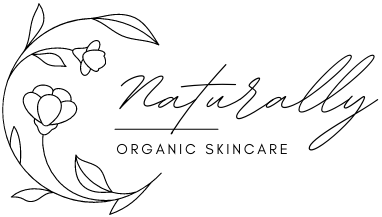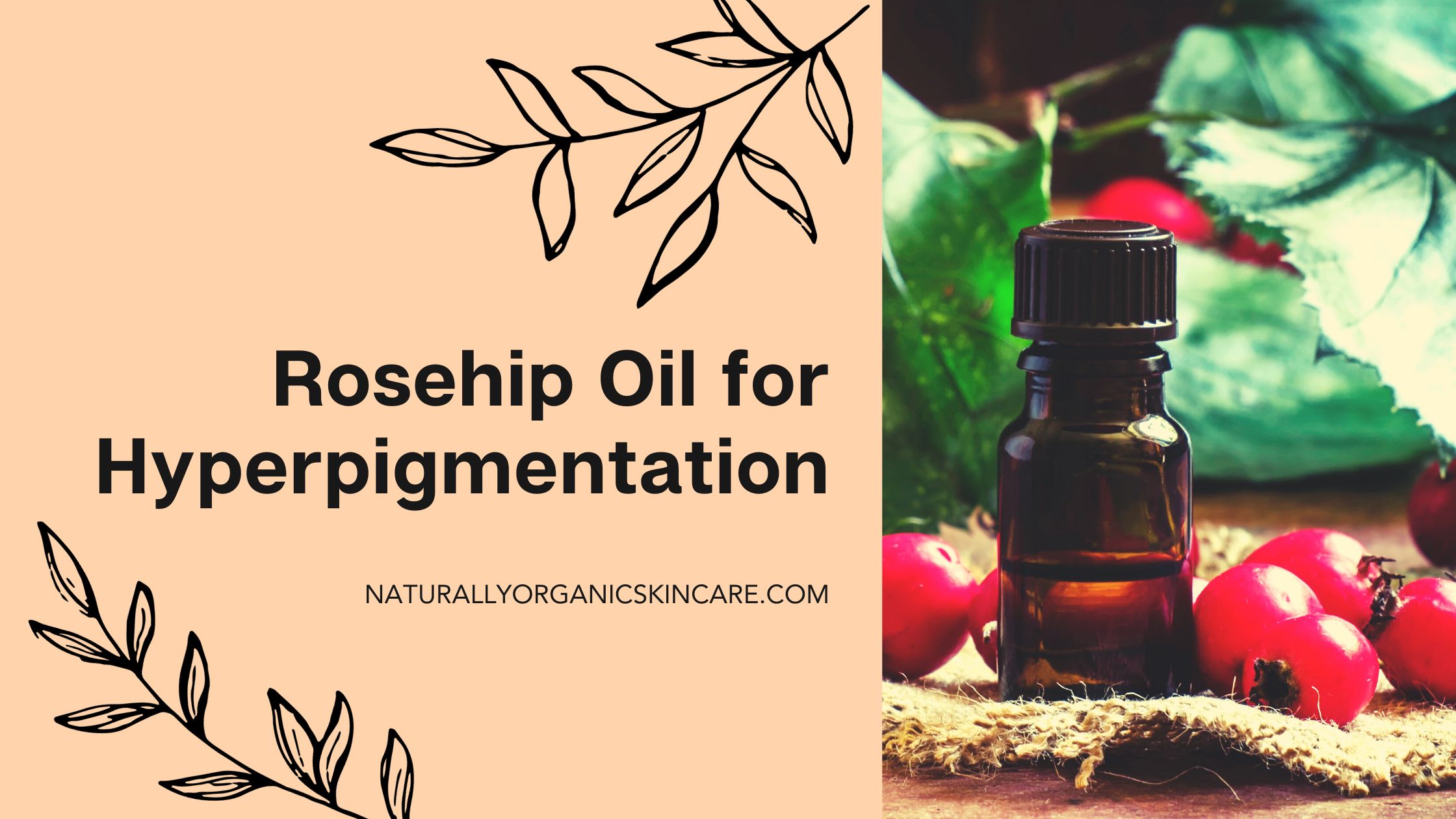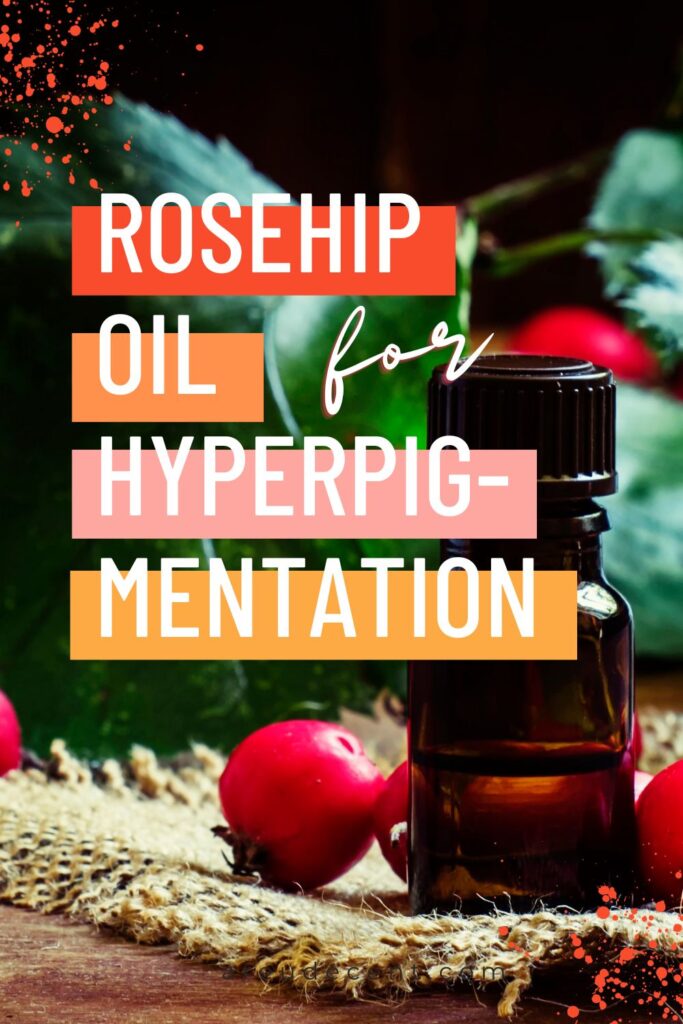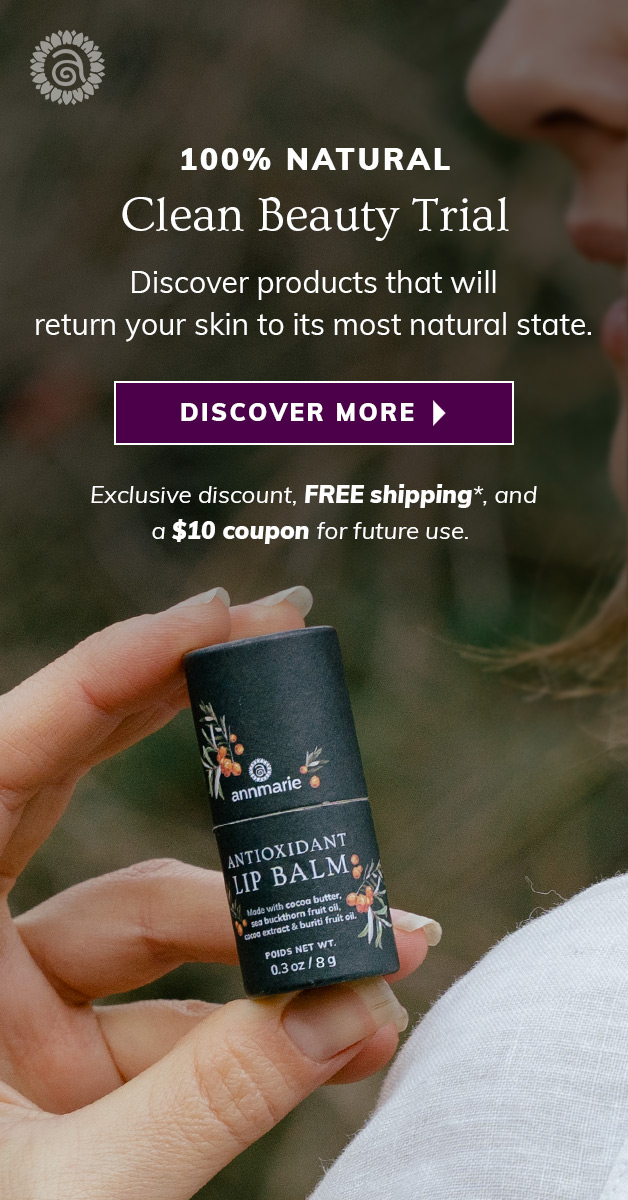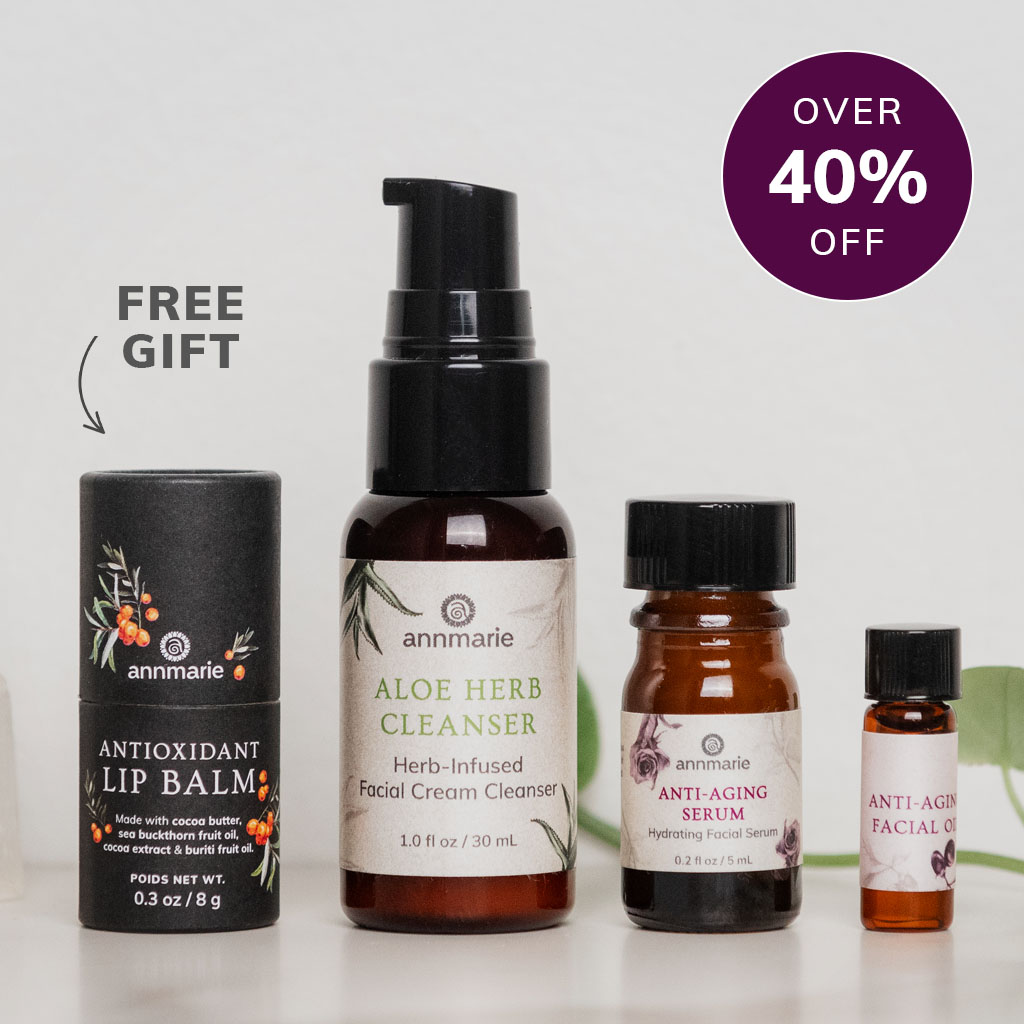Rosehip oil is a natural ingredient that has been gaining popularity in the skincare industry due to its numerous benefits. It’s a versatile oil, and using rosehip oil for hyperpigmentation is but one of the reasons to add it to your beauty routine.
While I wear my freckles proudly, any natural oil that can brighten irregularities and darker spots (that aren’t freckles) is a welcome addition!
Let’s take a closer look at this specific issue, and how rosehip oil can help.
But First: Key Takeaways
| – Rosehip oil is a natural ingredient that can help improve hyperpigmentation. – It is rich in carotenoids, which are converted to retinol by the body and support cell turnover. – Rosehip oil is also high in essential fatty acids that can help hydrate the skin and improve its overall health. |
Hyperpigmentation is a common skin condition that causes dark patches or spots on the skin. It can be caused by a variety of factors, such as sun exposure, hormonal changes, and acne.
Rosehip oil contains nutrients that can help improve hyperpigmentation. It is rich in carotenoids, which are converted to retinol by the body. Retinol is known to support cell turnover, which can help improve the appearance of dark spots and discoloration. Additionally, rosehip oil is high in essential fatty acids that can help hydrate the skin and improve its overall health.
Table of Contents
- Understanding Hyperpigmentation
- The Power of Rosehip Oil
- Nutritional Profile of Rosehip Oil
- Rosehip Oil and Skin Health
- Role of Rosehip Oil in Collagen Production
- Use of Rosehip Oil in Skincare Products
- Comparing Rosehip Oil with Other Oils
- How to Use Rosehip Oil for Hyperpigmentation
- Popular Rosehip Oil Products
- Conclusion
Understanding Hyperpigmentation
Hyperpigmentation affects many people to a degree. It is characterized by the darkening of the skin in certain areas due to an excess of melanin, the pigment that gives skin its color.
Melanin is produced by cells called melanocytes, which are located in the epidermis, the outermost layer of the skin.
There are several factors that can contribute to hyperpigmentation:
- sun exposure
- aging
- hormonal changes
- inflammation
When the skin is exposed to the sun, it produces more melanin in an effort to protect itself from UV radiation. This can lead to the development of dark spots and other forms of skin discoloration.
As people age, their skin becomes thinner and more prone to damage from the sun and other environmental factors. This can cause an increase in the production of an enzyme called MMP-1, which breaks down collagen and elastin in the skin, which can lead to the development of dark spots and other signs of aging.
Hormonal changes can also contribute to hyperpigmentation. For example, pregnant women may develop a condition called melasma, which causes dark patches on the face. This is due to an increase in the production of hormones that stimulate the melanocytes to produce more melanin.
And then there is inflammation. When the skin is inflamed, it produces more melanin in an attempt to protect itself from further damage. This can lead to the development of dark spots and other forms of skin discoloration.
Fortunately, the use of rosehip oil can make a difference. This natural oil is rich in carotenoids, which are converted to retinol in the body. Retinol supports cell turnover, which can help improve the appearance of dark spots and other forms of skin discoloration.
The Power of Rosehip Oil
Rosehip oil, also known as rosehip seed oil, is an organic, cold-pressed, natural oil extracted from the seeds of Rosa canina, a wild rose species native to Europe, Asia, and Africa.
The oil is rich in fatty acids, including linoleic acid and linolenic acid, which are essential for maintaining healthy skin.
Rosehip oil is a carrier oil. It can be used on its own, or as a base, to dilute essential oils and other concentrated substances and make them safe for use on the skin.
You’ve perhaps seen it mentioned on product labels, as it is a rather popular ingredient in skincare products, and for good reason!
One of the most significant benefits of rosehip oil is its ability to reduce hyperpigmentation. The essential fatty acids in rosehip oil can help even out skin tone and reduce the appearance of darker spots.
In addition to its benefits for hyperpigmentation, rosehip oil is also great for anti-aging, hydration, and improving the overall appearance of the skin. It is suitable for all skin types, including sensitive skin, and can be used on the face and body.
When shopping for pure rosehip oil, it is essential to look for a high-quality, cold-pressed oil that is free from additives and chemicals. Bonus points if the oil is organic, too!
Nutritional Profile of Rosehip Oil
Rosehip oil is a nutrient-rich oil, packed with vitamins, antioxidants, and essential fatty acids that typically leave the skin better than it found it. Here is a breakdown of the nutritional profile of rosehip oil:
Vitamins
Rosehip oil is a rich source of vitamins A, C, and E. Vitamin A is essential for maintaining healthy skin, as it helps to promote cell turnover and repair damaged skin. Vitamin C is a powerful antioxidant that helps to protect the skin from free radical damage and stimulate collagen production. Vitamin E is also an antioxidant that helps to moisturize and protect the skin from environmental stressors.
Antioxidants
Okay, so rosehip oil is loaded with antioxidants, but how does that benefit the skin, exactly?
If antioxidants are ‘the hero’, free radicals are ‘the vilain’.
Free radicals are unstable molecules that can cause damage to our cells. There is no escaping them completely, since these are simply part of life, and being alive – to some extent. Free radicals are produced when your body breaks down food. When you’re exposed to tobacco smoke or even just sunlight. That’s right, UV radiation is a source of them, too. Stress can cause free radicals, and so do ozone, X-rays, certain pollutants and chemicals.
Certain free radicals come from metabolic processes, or merely time passing and oxidation over time. Others come at us from the outside, whether the sources are natural or man-made.
Free radicals are play a role in the breaking down of our skin’s collagen, which results in wrinkles, dark spots, fine lines and loose, saggy skin.
Antioxidants, such as vitamins C and E and carotenoids help protect cells from damage caused by free radicals.
Lycopene and Carotenoids
The high levels of lycopene and carotenoids are what makes rosehip oil a coveted beauty asset. Lycopene is a powerful antioxidant that helps to protect the skin from UV damage and reduce inflammation. Carotenoids are also antioxidants that help to protect the skin from damage caused by free radicals.
Beta Carotene
Rosehip oil is a rich source of beta carotene, which is converted to vitamin A in the body. Beta carotene helps to promote healthy skin by reducing inflammation and promoting cell turnover.
Rosehip Oil and Skin Health
Our skin is a live organism, that is subject to change. Daily, weekly, monthly, or gradually over longer stretches of time. It’s nice to know that rosehip oil is an all-rounder when it comes to skincare.
While rosehip oil is a good bet for those darker spots, the good news is that it will likely improve the skin’s overall health and appearance. Here are some specific ways that rosehip oil can benefit our skin.
Hyperpigmentation
We’ve covered the hyperpigmentation part, and how rosehip oil is rich in carotenoids, which are converted to retinol by the body. Retinol supports cell turnover, which can improve the appearance of dark spots and discoloration.
But in addition, you may find it will also improve some of the issues below. It’s a win-win!
Fine Lines and Wrinkles
Rosehip oil, being rich in vitamin A, can help stimulate collagen production and improve skin elasticity. Collagen is a protein that helps keep skin firm and smooth. Due to the presence of vitamin A, rosehip oil can help reduce the appearance of fine lines and wrinkles and improve the overall texture of mature skin.
Scars
Rosehip oil is rich in essential fatty acids, which can help improve skin regeneration and reduce the appearance of scars by fading them and improving skin texture.
Acne
Rosehip oil is non-comedogenic, which means it won’t clog pores. It is also rich in linoleic acid, which can help regulate sebum production and reduce the risk of breakouts.
Even though applying oil to acne-prone skin may seem counter-intuitive, the use of rosehip oil can actually help improve oily and acne-prone skin. I know that sounds slightly bonkers. It’s one of those things you have to try to believe it.
Dry Skin
Rosehip oil is the perfect cocktail of essential fatty acids and vitamins, it can help improve skin hydration and reduce dryness. Not only should rosehip oil help improve skin texture, but if you have certain skin concerns specific to dry skin, it should also help reduce the appearance of rough patches or flakiness.
Sensitive Skin
Rosehip oil is gentle and non-irritating in general, which makes it a great choice for sensitive skin. Rich in antioxidants, it protects the skin from environmental stressors and reduce inflammation.
In rare cases, the vitamin A in rosehip oil can be sensitizing, which is why you should always do a patch test to try a new product on a small part of the skin. In another post, I’ve compared rosehip oil to jojoba oil. While they both are great choices for sensitive skin, jojoba oil likely has even less chance of causing a reaction.
Another article you might like to check out: Best Carrier Oil for Sensitive Skin: Ultimate Overview.
Sun Damage
Rosehip oil is rich in antioxidants, which can help protect the skin from sun damage, reduce the appearance of sun spots and brighten the skin tone.
Guess it makes sense for rosehip oil to be many people’s favorite for a reason! It’s such a versatile and overall beneficial ingredient for skin health.
Role of Rosehip Oil in Collagen Production
Collagen is a protein that is essential for maintaining the skin’s elasticity and firmness. As we age, our body’s natural collagen production decreases, leading to wrinkles, fine lines, and sagging skin. However, rosehip oil can help stimulate collagen production, which can improve the overall appearance of the skin.
The linoleic acid and oleic acid in rosehip oil are necessary for collagen production. These fatty acids help to nourish the skin and improve its texture and tone. Additionally, rosehip oil contains high levels of vitamin C, which is a potent antioxidant that can help boost collagen production.
Overall, rosehip oil is a powerful skincare ingredient that can help improve the skin’s overall health and appearance. Its ability to stimulate collagen production and lighten hyperpigmentation makes it a must-have in any anti-aging skincare routine.
Use of Rosehip Oil in Skincare Products
Rosehip oil is a popular ingredient in many skincare products, including facial oils, serums, and creams.
Some facial oils contain rosehip oil as well as other oils. On the other hand, certain skincare brands also carry pure rosehip oil. I’ve had great expereinces with pure rosehip oil from both higher-end brands (A’kin, Trilogy, Pai) and cheap ones (Life Flo, Dr. Adorable).
Serums and creams containing rosehip oil aren’t a bad idea if you wish to reduce hyperpigmentation and improve skin texture. They can be used as part of a daily skincare routine to promote healthy, glowing skin.
When using skincare products containing rosehip oil, it is important to apply them to clean skin and use them regularly for best results. Of course, trying to brighten the skin on one end only makes sense if you use a great (natural) sunscreen to protect the skin from further damage.
Comparing Rosehip Oil with Other Oils
When it comes to hyperpigmentation, there are several natural oils that are considered to be more or less effective.
Here’s a comparison of rosehip oil with some of the other popular oils:
- Coconut Oil: While coconut oil is great for moisturizing the skin, it may not be the best option for hyperpigmentation. It is not known to have any specific properties that can help with skin discoloration.
- Argan Oil: Argan oil is rich in vitamin E and fatty acids, which can help brighten the skin and reduce the appearance of dark spots. However, it may not be as effective as rosehip oil.
- Grapeseed Oil: Grapeseed oil is a lightweight oil that is easily absorbed by the skin. It is rich in antioxidants and can help even out skin tone. However, it may not be as effective as rosehip oil when it comes to hyperpigmentation.
- Jojoba Oil: Jojoba oil is similar in composition to the natural oils produced by the skin. It can help regulate sebum production and improve skin texture. However, it may not be as effective as rosehip oil when it comes to reducing the appearance of dark spots.
- Tamanu Oil: Tamanu oil is a potent oil that is rich in anti-inflammatory and antibacterial properties. It can help heal the skin and reduce the appearance of scars. However, it may not be as effective as rosehip oil when it comes to hyperpigmentation.
- Carrot Seed Oil: Carrot seed oil is rich in antioxidants and can help protect the skin from free radical damage. It can also help improve skin tone and texture. However, it may not be as effective as rosehip oil when it comes to reducing the appearance of dark spots.
Overall, while these oils can be beneficial for the skin, rosehip oil is considered to be one of the best oils for hyperpigmentation. It is rich in vitamin C, which can help brighten the skin and reduce the appearance of dark spots. It is also rich in essential fatty acids, which can help improve skin texture and tone.
How to Use Rosehip Oil for Hyperpigmentation
Here are some tips on how to use rosehip oil to lighten areas with hyperpigmentation:
Patch Test
Ah, the good old patch test. Yes, even though it is completely natural, before using rosehip oil on your face, it is recommended to do a patch test on a small area of your skin to check for any allergic reactions or irritation.
Apply a small amount of rosehip oil to the inside of your wrist or behind your ear and wait for 24 hours to see if there is any negative reaction.
Concentration
Rosehip oil can be used alone or mixed with other carrier oils like jojoba or almond oil.
If your skin tolerates rosehip oil well, I don’t see any reason to not use it pure, since that’s the best way to get the most of its benefits working for you. Apply a few drops of rosehip oil directly to your face after cleansing, and get your glow on!
You can also add a few drops of rosehip oil to your regular moisturizer or serum and apply it to your face.
Side Effects
Rosehip oil is generally safe to use, but some people may experience side effects such as skin irritation, redness, or itching. If you experience any of these symptoms, discontinue use immediately and consult a dermatologist.
Popular Rosehip Oil Products
Rosehip oil has become increasingly popular in recent years due to its many benefits for the skin, including its ability to help with hyperpigmentation. Here are a few popular rosehip oil products to consider:
- Pai Rosehip Bioregenerate Oil: This organic oil is made with oil from both the rosehip fruit and the seed, with only a smidge of other ingredients like vitamin E and rosemary extract. Pai is a luxury skincare brand focusing on the most sensitive skin. In their own words: “Our organic Rosehip Oil is much more than just a glow-giver. In its purest form – like ours – it’s like giving your skin a full under-the-hood service. Omegas 3, 6, 7 & 9 do the repair job, while antioxidant carotenoids protect from further damage.”
- Trilogy Rosehip Oil: This pure and cold-pressed rosehip oil is a popular choice for those looking to improve their skin’s texture and tone. It is perhaps the most iconic brand to use rosehip oil, and they’ve put rosehip oil front and center as part of an entire natural anti-aging skincare range.
- A’kin Rosehip Oil: Despite being already familiar with the amazingness of rosehip oil, when I first tried A’kin they managed to surprise me! This oil is somehow so fine that it has become my favorite one yet. It smells delicious (faintly nutty) which to be fair, most rosehip does. There’s something about the fine texture of this oil and the way it effortlessly sinks into the skin that stands out. Oh, and they even have a version with additional vitamin C for extra radiance.
- Amazon: Amazon carries a wide variety of rosehip oil products from different brands, making it easy to find one that fits your needs and budget. Some popular options include The Ordinary Cold-Pressed Rose Hip Seed Oil, Acure The Essentials Rosehip Oil, or one of my favorite affordable brands for oils: Now Solutions Rosehip Oil.
When choosing a rosehip oil product, it’s important to look for one that is pure and high-quality. It’s also a good idea to do a patch test before using it all over your face to ensure that you don’t have any adverse reactions. With regular use, rosehip oil can help improve the appearance of hyperpigmentation and give you a more even skin tone.
Conclusion
If you have hyperpigmentation, rosehip oil is the natural oil of choice. With its high retinol content and its ability to support cell turnover, you may see a difference after a few weeks of daily use. Its anti-inflammatory properties can help reduce the appearance of dark spots and discoloration.
Rosehip oil is a verstatile oil; a great all-rounder to nourish and beautify different skin types. Rich in essential fatty acids, vitamins A, C, and E, and anthocyanin, it is a great source of antioxidants that can help fight free radicals and oxidative stress caused by UV rays.
But don’t take my word for it! When browsing, you’ll find the internet is awash with ravings about how regular use of rosehip oil can help brighten the skin and reduce dullness.
As is the case with most oils, the beneficial properties of rosehip oil are best preserved in an unrefined and cold-pressed.
Rosehip oil can be used all on its own – in fact, that’s how many beauty brands present it. Combining rosehip oil with other vegetable or essential oils is possible, too.
In this article, we’ve covered a few pure rosehip oil options, as well as some great natural products that contain rosehip oil as part of their formulation. Can you tell how excited I am about this oil? 😉 Probably.
Overall, rosehip oil is a valuable addition to any skincare routine, providing a range of benefits for the skin. Its high content of essential fatty acids and antioxidants makes it an excellent choice for improving the appearance of hyperpigmentation and promoting healthy, radiant skin.
And if you’re still on the fence, here are some more good reads:
Argan Oil vs Rosehip Oil: Transform Your Beauty Routine
Rosehip Oil vs Jojoba Oil: Find Your Skin’s Perfect Match
Best Carrier Oil for Sensitive Skin: Ultimate Overview
Please note that while rosehip oil can be beneficial for hyperpigmentation, it is not a substitute for professional medical advice or treatment.
